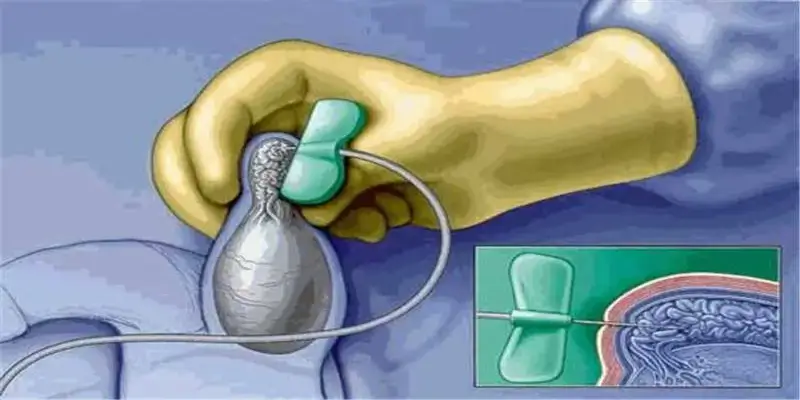


Sperm can be effectively recovered/retrieved from men in any circumstance using today’s minimally invasive techniques. Sperm retrieval (also known as sperm extraction or sperm aspiration) helps men with a vasectomy, a failed vasectomy reversal, an absence of the vas deferens, or blockages anywhere along the seminal tract (obstructive azoospermia) obtain sperm. Even when the sperm count or quantity is so low it does not make it to the outside world (non-obstructive Azoospermia or NOA), sperm aspiration can help. The four primary sperm retrieval techniques are MESA, PESA, TESE, TESA, and MicroTESE which are often used in conjunction with IVF.
Sperm retrieval is a surgical approach for sperm collection from the male reproductive tract. Some health conditions, consists of blocked sperm ducts or procedures such as a vasectomy, prevent sperm from entering the semen and ejaculate, causing male infertility. With the help of sperm extraction techniques, possible sperm can be obtained from the testis or epididymis, and when used collectively with in vitro fertilization (IVF) and intracytoplasmic sperm injection (ICSI), it can help infertile men have children.
Depending on individual situation there are few extraordinary ways to retrieve the procedure of sperm. Each of these extraction techniques have certain benefits and drawbacks.
Percutaneous Epididymal Sperm Aspiration (PESA) is typically the first desire for sperm retrieval, and it is completely by means of placing a needle through the scrotum into the epididymis to collect a small quantity of sperm.
Microscopic Epididymal Sperm Aspiration (MESA) is slightly more invasive method than PESA and uses microsurgical techniques to collect sperm from the epididymis.
Sperm retrieval is a surgical operation that takes about an hour and is done under local or general anesthesia, depending on the specific collection technique used. You will not feel any pain during the surgery. However, if the surgical operation is done under local anesthesia you may sense a little pain during the procedure, such as pulling sensation.
Patients generally recover soon from the sperm extraction surgery. You may feel slight discomfort and tenderness on the scrotum for the first 24 to 48 hours. This can be relieved with prescription or over-the-counter pain medications. Bruising and swelling may also occur, which should subside within the first few days. You should be able to return to your normal activities within three to five days after the surgery, and expect a full recovery within two weeks.
As with any surgical operation, there may be a possibility that you could experience some complications or might have side effects. These can include ache, pain, bruising, bleeding and the risk of infection. The more invasive MESA and MicroTESE sperm retrieval process carries a higher risk of side effects and may require an overnight stay in the centre. You will receive antibiotics to prevent infection, and pain medications to help manage any soreness of the treatment area.
Sperm retrieval surgeries have a high success rate. However, the success rate of the sperm aspiration surgery depends on your individual state of affair and the underlying purpose for the surgical treatment. You need to discuss the specifics of your situation with our doctor, who can come up with a better idea of success rate you can expect given your medical history.
Once the sperm is collected, it is used to fertilize your partner’s egg via IVF. Typically your partner’s eggs are collected the same day your sperm retrieval is performed. The egg is then fertilized in the laboratory with your sperm, and cultured for 2 to 6 days before being transferred to your partner’s uterus. In cases of low sperm quality, IVF can be used in conjunction with ICSI, a procedure which injects a single sperm directly into the egg. ICSI can increase the success rate of fertilization in cases of low sperm motility or viability.
Sperm extraction and artificial insemination are not done together. Sperm collected directly from the testis or epididymis is not “mature” enough to swim and fertilize the egg. Only if the sperm was extracted from the vas deferens, the sperm can be mature enough for artificial insemination.
After the sperm retrieval procedure, the sperm accumulated can be frozen and cryopreserved for later use. Sperm banking can help avoid the need for another surgical sperm retrieval process in the future. PARIVAAR IVF CENTRE uses the most advances medical equipment available that has around the clock security to keep your specimen safe.